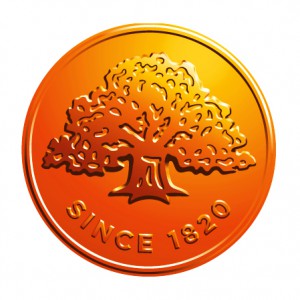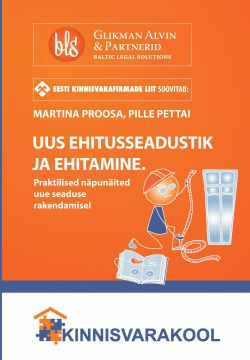 With 52% of UK voting to leave over 48% wishing to stay in, history is being made as we speak, and the United Kingdom will be the first country to leave the EU since its formation.
With 52% of UK voting to leave over 48% wishing to stay in, history is being made as we speak, and the United Kingdom will be the first country to leave the EU since its formation.
As we expected, the Brexit decision brought about the drop in stock markets, pound weakened sharply, whereas the safe heaven currencies, like US dollar, Japanese yen and Swedish krona strengthened.
The European countries’ leaders have overwhelmingly stated disappointment over the referendum results, yet the will of the UK people must be served and referendum results delivered. David Cameron has decided to resign and passed the responsibility to submit the UK’s exit decision to the EU to his successor. This can happen in September or even in October and only then the exit procedure can start. The process could take minimum two years, with the full trading relationship with the EU and fix trade deals with non-EU countries and free movement of workers, EU legal framework being the main focuses of the negotiations. Therefore, the period of uncertainly can be relatively lengthy.
The EU referendum decision has caused turmoil in the Britain’s politics, as well. In addition to the resignation decision of the PM, the opposition Labour party has fallen to the crisis. Currently, the UK seems to be out of a strong political leadership to reassure markets about the direction the country is planning to take.
What does the UK EU exit mean for the Baltic countries?
The short term impact of Brexit on the Baltic countries is limited. Volatility in financial markets is largely irrelevant for most Baltic companies as they do not raise capital in them. Governments have no urgent need to borrow from international markets over the next coming months. Households have relatively little financial assets, thus they are also little affected by the falling stock prices. The negative influence on investments and consumption could be felt if volatility and uncertainty remains for longer than just a few weeks.
In principle, the impact of the Brexit to the Baltic countries depends on, what form of cooperation the UK will choose or will manage to negotiate. Negative medium term impact could be felt if Britain fails to leave orderly and join the European Economic Area and Single Market (similar to Norway) or negotiate conditions for free trade agreement with the EU (eg. Switzerland). The worst case would be if the UK trade will proceed merely according the WTO rules, with tariffs on services and on certain goods. Great Britain is an important trade partner for the Baltics (5-7% of total trade in goods go to the UK) and it is of our interest to preserve the free trade with this country.
The biggest risk from the Brexit is related to the long term future of the EU. Is this the end of integration and the beginning of fragmentation of Europe? Will more countries decide to leave? There is high uncertainty, but for now we believe that we will avoid this scenario – the stakes are high and there is mutual interest for continued political and economic cooperation in Europe. However, the Brexit decision will be a difficult challenge for the UK unity. The Scottish National Party has declared that they will do whatever they can to block the UK’s exit from the EU or will re-initiate referendum for leaving the UK and will start negotiations to join again with the EU as an alternative.
The Brexit is expected to have negative impact not only on the UK economy, but on many other EU countries, as well. The Baltic countries can withstand this period of uncertainty and the possible weakening of the foreign demand paying even more attention on vigorously improving competitiveness of their products and services, raise productivity and keep their public finances under strict control.













